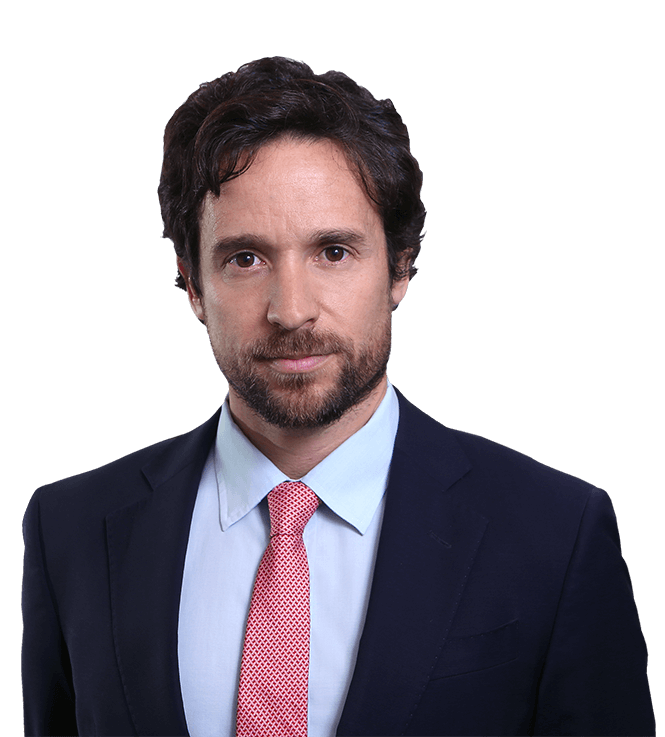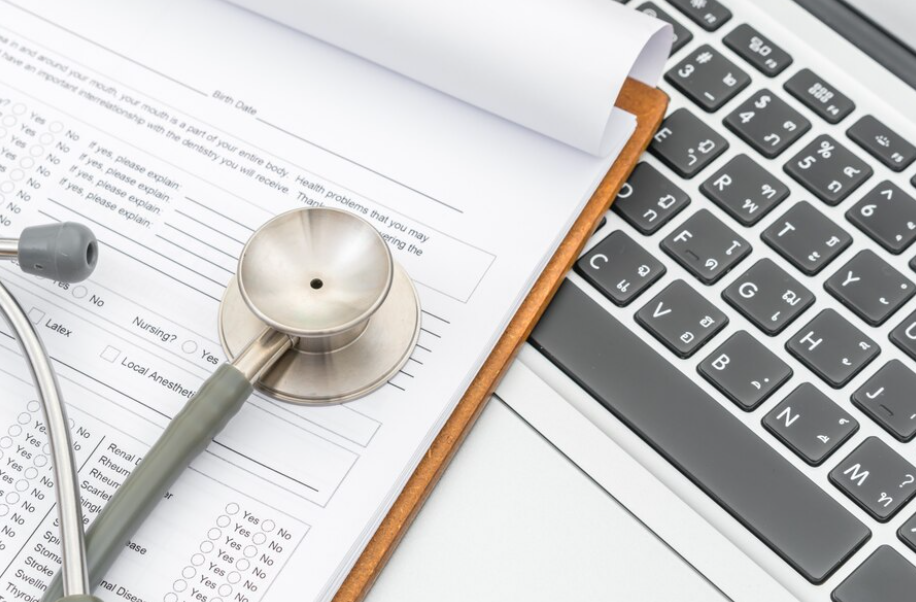By means of Decree No. 70/2023 the Executive Power declared the public emergency on health matters until December 31, 2025, and introduced various modifications to the Argentine legislation, including relevant reforms in the health regulatory framework, as follows:
- Derogation of Law No. 27,113. By this means the Executive Power derogated the promotion of the activity of public production laboratories, along with the National Agency of Public Laboratories that was created to encourage national drug production.
- Prepaid Medicine and Social Security:
a. Prepaid Medicine Enterprises (“PME”) were included in Law No. 23,660 on Health Insurance Entities (Obras Sociales), thereby PME are now subject to the rights, obligations, and responsibilities under this law.
b. The National Authority will no longer need to authorize or review the fees of PME, or the adhesion contract models, according to modifications in Law No. 26,682 of Prepaid Medicine.
c. PME and Health Insurance Entities can establish differential prices for benefit plans based on age groups, with a maximum variation of three (3) times between the price of the first and last group.
d. PME can freely set the value of fees for individual voluntary adhesion contracts, without state intervention.
e. Employees could derive their salary contributions to pay for an EMP health plan directly, without the intermediation of a Health Insurance Entity.
f. The obligation foreseen to transfer PME’s associates to other registered providers in case of bankruptcy, closure, or cessation of activities was eliminated.
g. PME’s annual fee payment specified in Article 25 of Law No. 26,682, used to finance the same law, was eliminated.
h. Provisions of Law No. 23,660 that set guidelines on how Health Insurance Entities should manage its funds were derogated.
The Superintendence of Health Services will act as the enforcement authority of Law No. 23,660, with the power to authorize the inclusion of ascendants and/or descendants by blood of titular beneficiaries, with an additional contribution of 1.5% for each.
j. Amendments were introduced to Decree No. 504/1998, providing dependent workers the right to choose the Health Insurance Entity, without being obliged to join the Health Insurance Entities of their activity. It also stipulates a minimum affiliation period if changing the insurance agent, which cannot exceed of a calendar year. - Use of Generic Names for prescription of Medicines. Amendments to the Medicinal Specialties Law No. 25.649 require prescriptions to exclusively mention the generic name of the medication or international common denomination, followed by its pharmaceutical form and dosage/unit, without reference to brand names. Only authorized pharmacists are allowed for dispensing prescribed medicines.
- Traceability and Verification System for Active Health Medical Devices in Use Several articles of Law No. 26,906 were derogated to simplify the authorization and renewal process for active medical devices by the Enforcement Authority.
- Electronic or Digital Prescriptions. Amendments to Law No. 27,553 eliminate handwritten prescriptions, allowing the prescription and dispensing of medications solely through electronic platforms authorized for this purpose. The dispensing process must comply with all commercialization and traceability framework, and a record of tele-assistance, prescription, and dispensing must be issued and handled to patients. Pharmacists can block prescriptions in case of a manifest error for the prescriber to review, annul, or reactivate as needed.
- Pharmaceutical Activity, Pharmacy Authorization, Drugstores, and Herbalists. Relevant modifications include:
a. Over-the-counter medicine can be sold outside authorized pharmacies.
b. Over-the-counter medicine can be displayed on pharmacy shelves without requiring personal dispensing by pharmacists.
c. Pharmacies must digitally preserve prescriptions for restricted drugs, legally dispensed drugs, and prescription drugs for a period of at least three (3) years.
d. The prohibitions on installing optical houses or workshops in pharmacies, medical or dental offices in or attached to pharmacies were lifted.
e. Pharmacists with medical or dental qualifications can practice both professions simultaneously. Pharmacists with a biochemistry qualification can be both Technical Directors of a Pharmacy and Technical Directors of a clinical analysis laboratory. Asimismo, los farmacéuticos que tengan al mismo tiempo el título de bioquímico podrán ser a la vez Directores Técnicos de una Farmacia y Directores Técnicos de un laboratorio de análisis clínicos.
f. Sections of Law No. 17,565 regarding the proceeding to be carried out in case of Technical Directors’ absence were repealed, pharmacy operations during such periods can be handled by auxiliary pharmacists and/or dispatch assistants.
g. Regulations on herbalists were repealed, eliminating the bureaucracy provided by the legal framework.
h. Drugstores are now allowed to dispense prescriptions.




